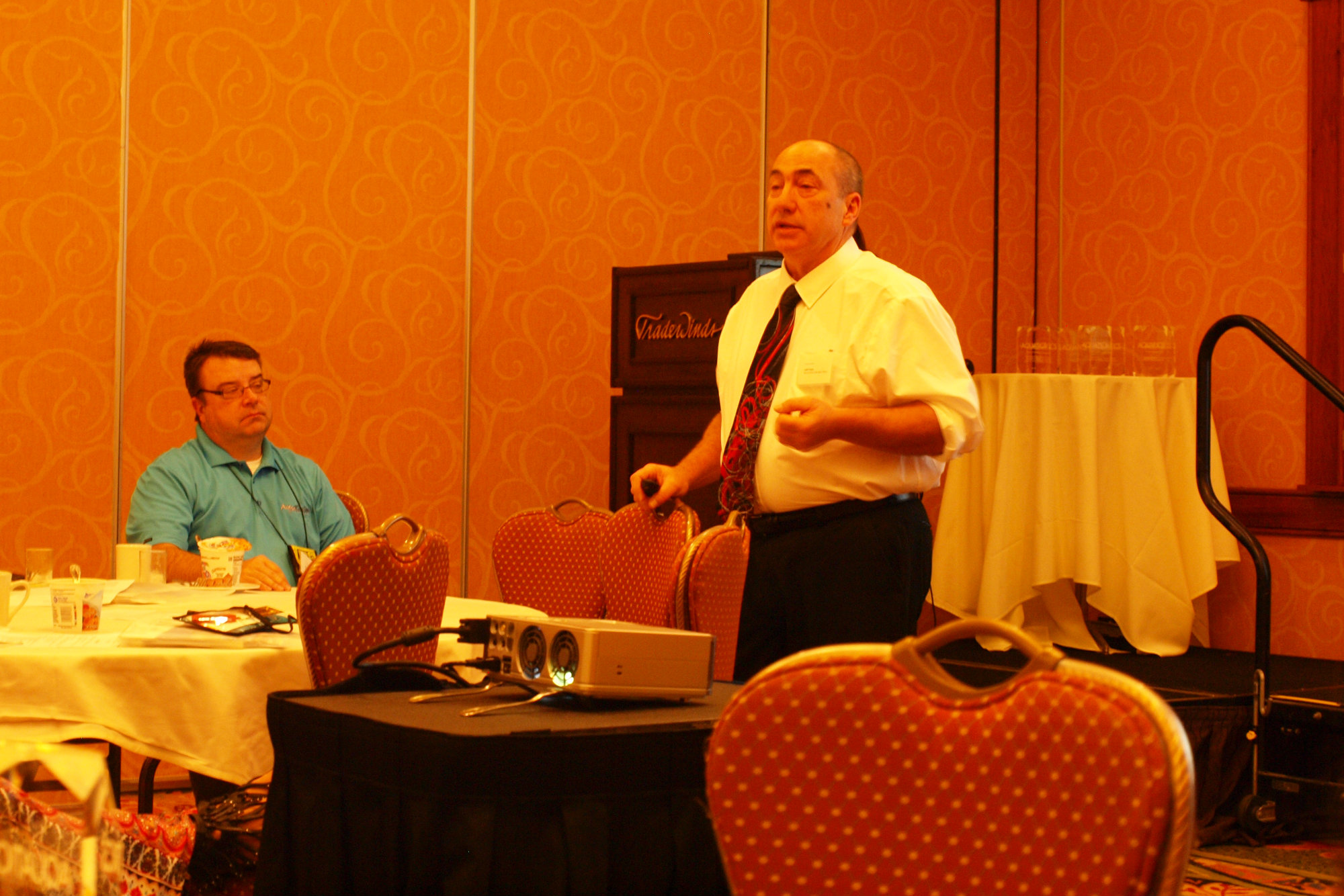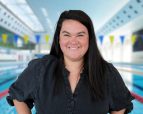
Jeff FryerConference-Education ChairAssociation of Aquatic Professionals
Jeff Fryer has spent the majority of his career striving to remain proactive and seeking to make a difference.
Whether remaining on the forefront of the next standard of care within the industry, to creating alternative methods to implement established systems, to preparing the next generation to lead the aquatics industry onward, Jeff believes it is time to give back to the industry that has provided him with his livelihood over the past 45 years.
Having recently left his role as aquatic director at River Road Park and Recreation District in Eugene, Ore., after more than 30 years there, Fryer is looking to the future of the industry.
“The desire to give back has been paramount, especially over the last ten years,” Fryer says. “The industry is constantly growing and changing, and it is time to focus our efforts on the next generation.”
That proactive mindset has served him, his employees and clients well. This became most apparent in April 2016, when River Road experienced an active shooter on park property, resulting in the deaths of two individuals. The tragedy came less than a year after Fryer implemented a lifelike, scenario-based training designed to prepare staff members how to react in the event of a shooting. During the real shooting, River Road lifeguards, along with local emergency responders, lent assistance to victims after a gunman opened fire.
“Two or three days after, one of my key staff came up to me and said, ‘I don’t want you to take this the wrong way, but I want to thank you for being an ass and making us do the training for a situation like this,’” Fryer says. “Being called an ass has been one of my greatest compliments, and validated all of my efforts over the years.
“I prepared my staff for the worst of the worst, and it helped us all.”
Fryer began his aquatics career in 1975, when he was a high schooler working as a lifeguard in the Panama Canal Zone. For college, he moved to Oregon, where he began working part-time at River Road.
After the death of his parents while he was still in college, Fryer’s career took him to Willamalane Park and Recreation District in Springfield, Ore., then to Grand Rapids, Mich. Finally, he returned to River Road in 1991 and launched a career that would bring to the forefront a proactive approach, whether it is piloting new, suspected spinal injury protocols or learning and teaching how to apply a tourniquet in the aftermath of a gunshot wound.
Since returning to River Road, Fryer has trained more than 420 lifeguards.
His influence extended past his own center when he launched a peer auditing process aimed at promoting collaboration among aquatics facilities to improve their auditing outcomes. Through the program, Fryer also wanted to offer a low-cost option for facilities that may want auditing but cannot afford the fees of private and for-profit specialists. So far, cities in Oregon and Colorado have participated in this process, called the Professional Associate Assessment Program.
“Peer audits aren’t meant to take the place of formal third-party audits, but to supplement those audits and give another outside perspective on how well we’re maintaining our standard of care,” Fryer says. “For peer audits, we create an evaluation tool unique to our specific protocols, and we ask our peer auditor to review the facility and processes based on that. It’s an added layer of scrutiny that helps keep our guards on top of their game.”
Fryer also emphasizes the importance of learning how to train and interact well with the younger generation, who will bolster the future of aquatics. As a real-life example, he told about one of his hires — Matt, a rebellious grandson of one of his water exercise instructors, named June. After Fryer worked with Matt, June thanked him and credited him with helping turn her grandson’s attitude — and life — around.
“Working with young people who don’t have a work ethic yet is both one of the most challenging and most rewarding parts of this business,” Fryer says. “You’re helping them develop that work ethic and become a positive contributor to society. But it’s about more than that young person — it’s about doing something for our community and doing it well.”
As for what’s next, Fryer is wrapping up his fifth year as the conference-education chair for AOAP. He also will start working with the Aquatic Section of the Oregon Recreation and Park Association to create a statewide aquatics conference, modeled after similar programs in states like Washington, Arizona and California. When he’s not deep in his work, you can find him taking a break from the water and backpacking through picturesque places such as Yosemite and the Grand Canyon. His next adventure? The John Muir Trail.



